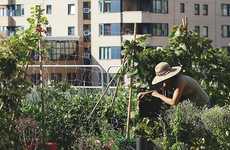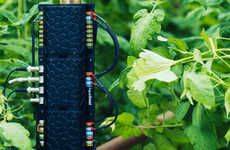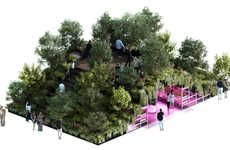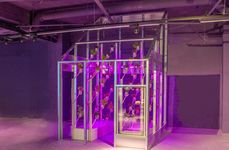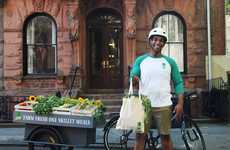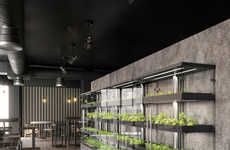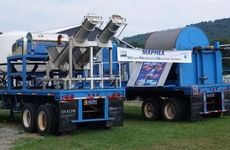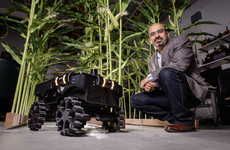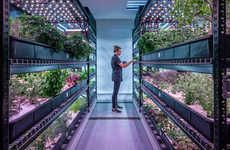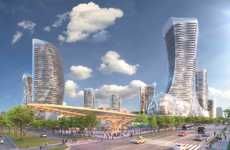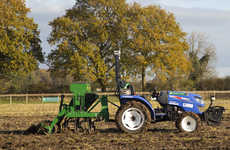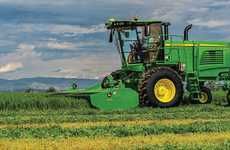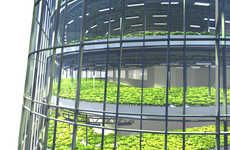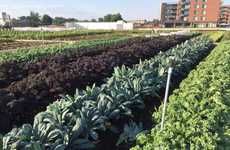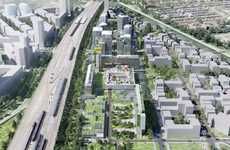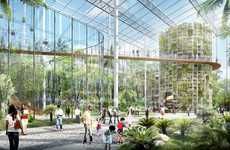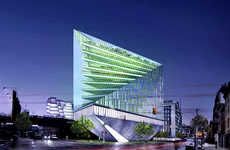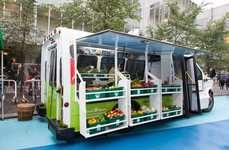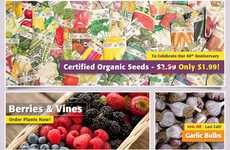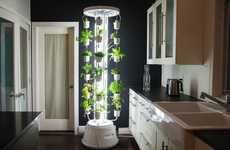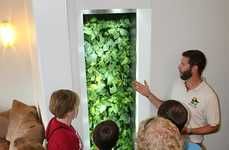



Brands are bringing communities together through the availability of fresh produce
Trend - The urban environment is accented with local farming initiatives and brands strategize on how to bring the communities closer together through this. Many city agriculture start-ups make their output available to restaurants in the vicinity, while mobile apps make users aware of agricultural bartering sites.
Insight - As stressors like traffic, self-reported isolation and competitive urban environments take a toll on consumers mental health, particular attention is paid to wellness and environmental escapism to avoid burnout. In these instances, consumers look for communities, nature, and health-centric products. As a result, individuals seek local solutions that are preferably peer-to-peer in order to connect with people and nature.
Insight - As stressors like traffic, self-reported isolation and competitive urban environments take a toll on consumers mental health, particular attention is paid to wellness and environmental escapism to avoid burnout. In these instances, consumers look for communities, nature, and health-centric products. As a result, individuals seek local solutions that are preferably peer-to-peer in order to connect with people and nature.
Workshop Question - How could your brand facilitate local exchange practices?
Trend Themes
1. Peer-to-peer or P2P Produce Networks - Consumers seek local solutions that are preferably peer-to-peer in order to connect with people and nature.
2. Inclusive Rooftop Urban Farms - Particular attention is paid to wellness and environmental escapism to avoid burnout. As a result, individuals seek local solutions that are preferably peer-to-peer in order to connect with people and nature.
3. Modular Stackable Urban Farms - Cities rely on farms to feed citizens but require a vast amount of land and water, which is something the 'Glasir' project takes into account to help change.
Industry Implications
1. Agriculture Technology - Developing technology to create modular, stackable and scalable urban farms which could be installed on underutilized urban land or abandoned buildings may be an opportunity for agriculture technology businesses looking to expand their operation in urban centers.
2. Food Delivery and Logistics - The development of urban farms could address the problems associated with the transport, storage and packaging of farm produce. This presents an opportunity for food delivery and logistics businesses to tap into the new markets created by urban farms.
3. Smart City Integration - Urban agriculture technology presents an opportunity to create sustainable, secure and resilient food systems in the urban environment and tackle urban sustainability challenges. This represents a unique opportunity for businesses involved in the integration of smart city technology to address challenges of energy recovery and resource management including urban farming.




